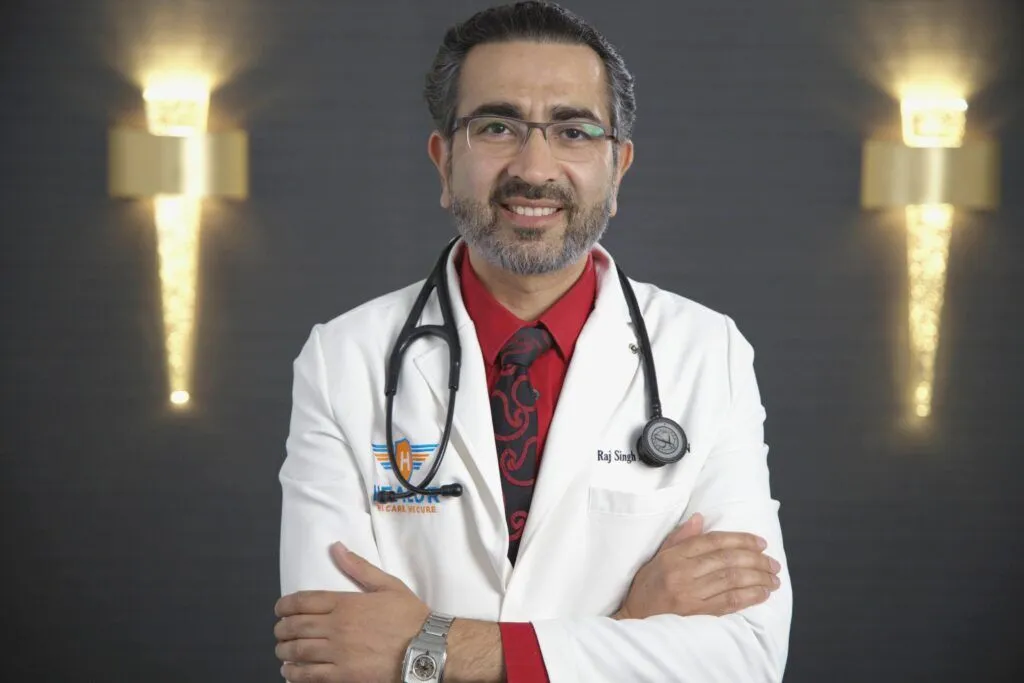
What Are Essential Vitamins. When it comes to vitamins, different ones play different roles in our bodies. Vitamins are organic compounds that you need in small amounts. Most vitamins need to come from food as our bodies either do not produce them or produce very little. Every person requires a different amount of each to remain healthy. At HEALOR™, Dr. Raj Singh can evaluate your vitamin and mineral levels from blood work taken at your annual exam. He works diligently to ensure his patients feel their best in Las Vegas, NV. This blood draw will detect current vitamin levels.
From these results, he can make professional recommendations on which vitamins and how much you should take to feel your best. He can help provide information on what vitamins give you energy, as when we age, our energy levels decline. Ultimately, vitamins and minerals help boost the immune system, support growth and development, and help your cells and organs do their jobs properly.
What are essential vitamins?
There are currently 13 different essential vitamins, which are important to our overall health, including:
- Vitamin A: This is fat-soluble and important for eye health. A deficiency can cause cloudy vision or night blindness. You can get this vitamin from carrots, broccoli, sweet potatoes, spinach, some cheeses, eggs, or milk.
- Vitamin B1: This water-soluble vitamin helps break down blood sugar. It can be found in potatoes, asparagus, brown rice, kale, pork, oranges, and eggs.
- Vitamin B2: Riboflavin is water-soluble and helps with the growth and development of cells. It’s also responsible for metabolizing foods. Good sources of Vitamin B2 are cottage cheese, yogurt, milk, eggs, fish, green beans, and bananas.
- Vitamin B3: Niacin helps the body’s cells to grow and work properly. Low levels of it can cause intestinal symptoms, including diarrhea. Find it in leafy vegetables, milk, eggs, lentils, tomatoes, tuna, salmon, beef, and chicken,
- Vitamin B5: This vitamin helps with energy levels and hormones. It can be found mostly in whole grains, meats, avocados, and yogurt.
- Vitamin B6: Pyridoxine is vital for red blood cell production. Low levels can lead to peripheral neuropathy or anemia. It can be found in bananas, nuts, squash, chickpeas, or beef liver.
- Vitamin B7: Biotin helps your body metabolize fats, proteins, and carbohydrates. It also helps with skin, hair, and nail growth. Low levels of Vitamin B7 can lead to inflammation in the intestines and dermatitis. Find it in egg yolks, spinach, broccoli, cheese, and liver.
- Vitamin B9: Folic acid is essential for making RNA and DNA in the body. It’s especially important during pregnancy as it affects the fetus’ nervous system. Consume leafy vegetables, peas, fruit, fortified grains, or sunflower seeds for this water-soluble vitamin.
- Vitamin B12: B12 is important for a healthy nervous system. Low levels of it can lead to anemia or neurological problems. Find it in meat, shellfish, fish, poultry, eggs, dairy products, and fortified cereals or soy products.
- Vitamin C: This vitamin is responsible for wound healing, the formation of strong bones, and collagen production. It also supports your immune system and how you absorb iron, and is an antioxidant, fighting against cancer cells. A Vitamin C deficiency can lead to poor wound healing, tooth loss, bleeding gums, and poor tissue growth. Cooking destroys vitamin C, so you must take it on its own for optimal benefits.
- Vitamin D: It’s a fat-soluble vitamin that helps with bone mineralization. You can consume mushrooms, fatty fish, eggs, or beef liver to gain some Vitamin D. However, most people cannot eat enough of it to get proper levels, so Dr. Singh can prescribe you Vitamin D supplements.
- Vitamin E: This vitamin is responsible for preventing oxidative stress, which can lead to inflammation throughout the body. Kiwis, eggs, almonds, nuts, leafy greens, and vegetable oils are all high in Vitamin E.
- Vitamin K: Vitamin K is essential for blood clotting, and low levels can lead to bleeding concerns. Pumpkins, figs, parsley, and leafy greens all contain Vitamin K.
When is it best to take vitamins?
At HEALOR™, Dr. Singh agrees that morning is best to take B vitamins and multivitamins. Water-soluble vitamins are best absorbed on an empty stomach. This means 30 minutes before eating. These vitamins dissolve in water, so your body can use them properly. Vitamin C, all B vitamins mentioned, and folic acid are considered water-soluble. During your visit to our Las Vegas, NV office, we can give you a schedule of when to take your vitamins daily.
What is a vitamin deficiency?
A vitamin deficiency occurs when you’re lacking a vitamin. When it’s caused by not enough intake, it’s called a primary deficiency, while an underlying disorder that causes it is known as a secondary deficiency.
Some common symptoms of vitamin deficiency anemia include:
- Fatigue
- Shortness of breath
- Dizziness
- Pale skin
- Irregular heartbeat
- Weight loss
- Numbness or tingling in your hands and feet
Learn more about which vitamins are essential for optimal health
Most people don’t think that they need to take vitamins. However, at HEALOR™, Dr. Raj Singh is committed to ensuring all of his patients throughout Las Vegas, NV are taking essential vitamins for optimal health. He can evaluate your current levels and make suggestions on which ones to take and when. Many of our patients admit that they feel dramatically different after beginning to take them. To schedule an appointment to learn more about vitamins, call our office today.




